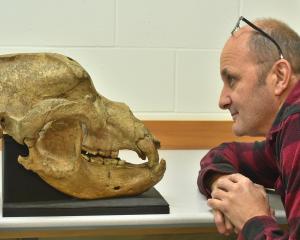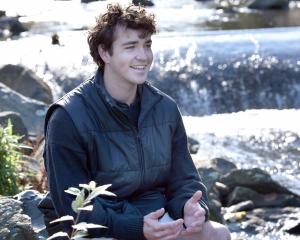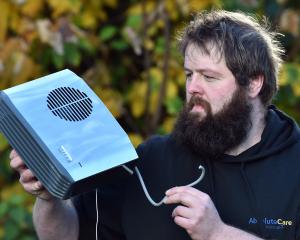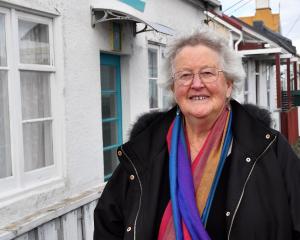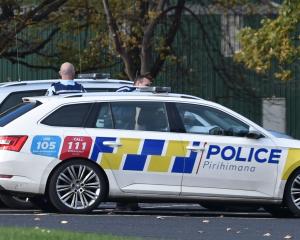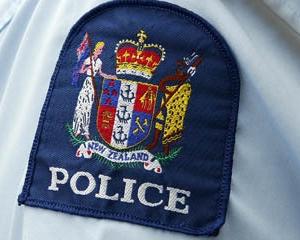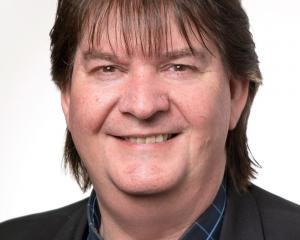Major Sean Clarke (43), a University of Otago graduate who is a military GP serving with the British Army in the Royal Army Medical Corps, and based in northern Germany, was speaking in Dunedin yesterday.
He gave a special lecture entitled ''Military General Practice on Deployment in Afghanistan'', at the Otago general practice and rural health department.
Much media attention was understandably given to battlefield combat injuries, such as those caused by gunfire or explosions, he said in an interview.
But a bigger overall challenge to combat fitness among troops was ''disease and non-battle injury'' (DNBI) casualties, arising from various infections, including skin complaints, he said.
Although diseases contracted during combat were rarely fatal these days, since the advent of antibiotics, they affected many more people than combat injuries. Such illness could make it more difficult for military units to operate, and ''can cause a lot of stress'', Maj Clarke said.
He recently completed a nine-month deployment in Helmand province, in south central Afghanistan, working at a forward base providing primary health care to soldiers.
Sometimes, more junior commanders could have to assume greater responsibilities if senior staff were ill. Although soldiers serving in Afghanistan did not have to face the horrors of World War 1-style trench warfare, they also faced an ''austere environment''.
In Afghanistan, they had to cope with clouds of dust and sand and temperatures of 40degC or greater by day and, at times, plunging to sub-zero temperatures overnight.
And when it rained heavily, dust could rapidly turn into ''horribly muddy, boggy conditions''.
Although bullets and bombs remained a big challenge on the modern battlefield, maintaining good hygiene, including regular hand washing, was as important as it was in World War 1.
''It's an issue of personal hygiene,'' he said.
Maj Clarke is the Regimental Medical Officer for the 4th Battalion (The Highlanders), The Royal Regiment of Scotland, and is based in northern Germany.
He completed his BSc (Hons) and PhD, the latter in botany, at Otago University in the mid-1990s, before starting post-doctoral research in the UK.
He completed his medical degree at the Queen's University of Belfast in 2006.



